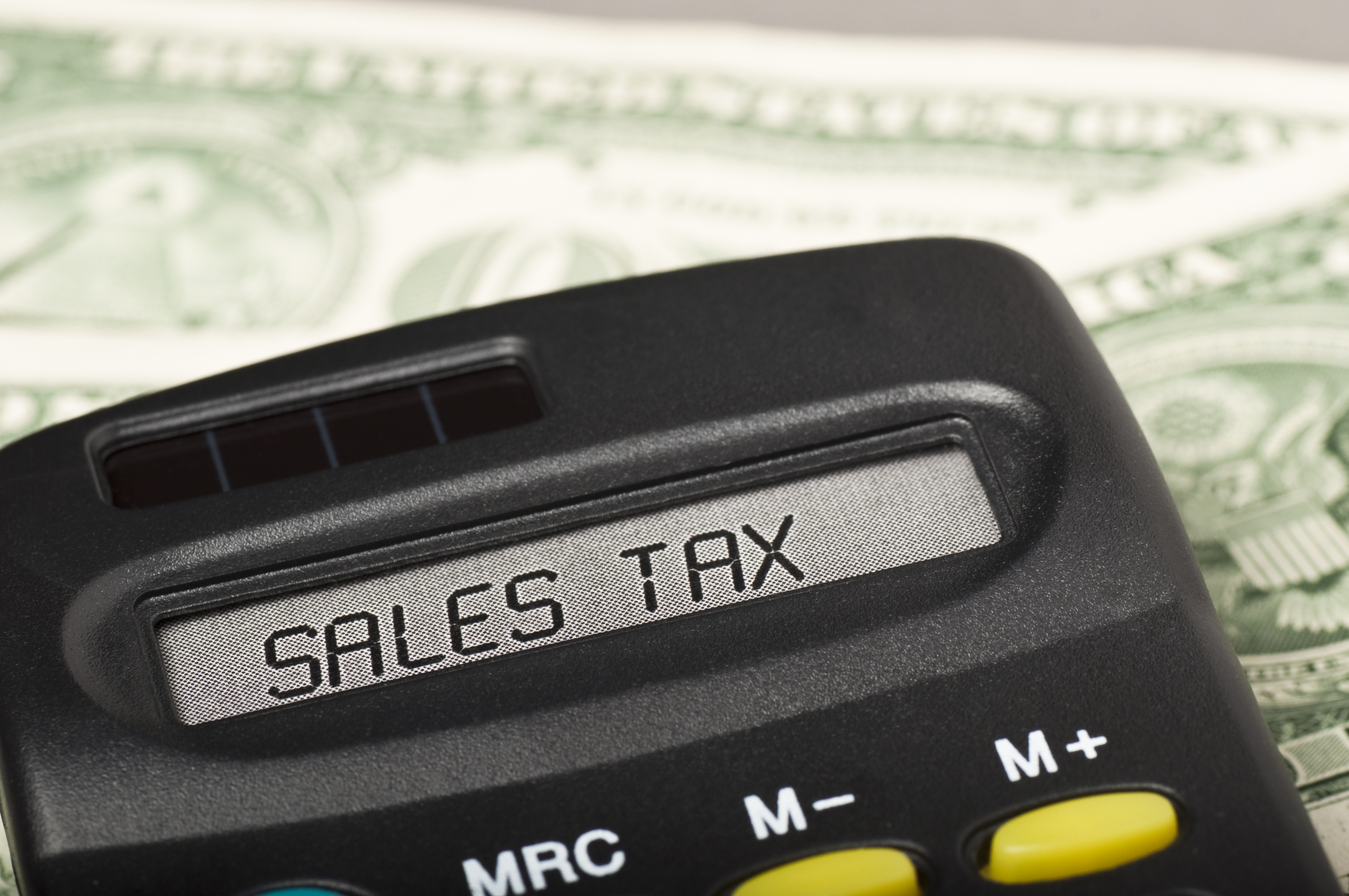Close to 30 states have passed laws requiring out-of-state sellers to tax their sales into the state. How do state tax authorities know whether such businesses are collecting and remitting tax as they should?
The onus is always on taxpayers to understand their tax obligations and pay the taxes they owe, in full and on time. Like the Internal Revenue Service, state tax authorities have teams of auditors devoted to enforcing sales tax compliance. Yet how do they find out-of-state companies that should have a sales tax permit, but don’t? They go looking for them.
Data analysis
Data mining software is the newest, and perhaps most effective, tool states are using to uncover non-compliant taxpayers. For example, the New York State Department of Taxation and Finance uses in-house compliance data mining to select businesses for scrutiny. It scores, ranks, and classifies taxpayers “based on behavior, discovering new patterns of non-compliance [through] interactive access to and analysis of tax data.” Data analysis doesn’t do all the work, but it does help auditors target potentially non-compliant businesses.
States are increasingly turning to data analysis to uncover non-collecting remote sellers in the wake of the Supreme Court’s decision in South Dakota v. Wayfair Inc., which overruled a long-standing rule that a state can impose a sales tax collection obligation only on businesses with a physical presence in the state.
Some states are even hiring third parties to unearth relevant data (e.g., credit card information) and generate leads. A data analytics company working with the Indiana Department of Revenue has identified at least 1,000 companies with potential sales tax collection obligations in the Hoosier State.
Connecticut, Illinois, Indiana, New York, Ohio, Oklahoma, and Pennsylvania have data mining systems in place; each is “using analytics to find out-of-state sellers that either aren’t aware they owe tax or are shirking collection and remittance.” Alabama, Nevada, South Carolina, Utah, and Wyoming are among the states striving “to make analytics a bigger part of their plans.”
Auditors on the move
Although states have only recently gained the right to tax remote sales, they’ve long looked beyond their borders for businesses that could be shirking a tax obligation. State tax authorities routinely send auditors to other states, or hire auditors in other states, to find unreported sales and use tax revenue owed to them. Some even have their own offices in other states.
Auditors don’t merely focus on businesses known to have nexus with the state. They frequently contact unregistered businesses — both in and out of state — suspected of having a tax obligation. They may start with companies known to have a high volume of sales nationwide, or they may simply select companies at random. Within a state’s borders, auditors may even go door to door to educate taxpayers and identify scofflaws.
Tax authorities also obtain leads from their counterparts in other states. Regional information-sharing agreements can provide a fountain of information: For example, if the Massachusetts Department of Revenue learns Illinois-based Company X has substantial sales in Massachusetts, it’s likely to pass that information on to tax officials in neighboring northeastern states. Auditors in those states would then investigate Company X.
Once a company has been identified as having a high volume of sales into the state, it’s not difficult to determine whether it’s collecting sales tax: Tax authorities can simply place an order and see if tax is charged as it should be.
Economic nexus and sales thresholds
In South Dakota v. Wayfair, Inc., the Supreme Court found a remote seller’s “economic and virtual contacts” with a state to be a sufficient basis for a sales tax collection obligation. Basing a sales tax collection on economic activity in a state rather than physical presence is known as economic nexus.
However, the court didn’t give states carte blanche to tax remote sales as they please. It praised South Dakota’s law for providing a safe harbor for small sellers: South Dakota’s remote sales tax law applies to sellers with more than $100,000 in sales or at least 200 sales in the state in the current or previous calendar year. All other states that have adopted economic nexus in the wake of Wayfair also provide an exception for small sellers, though not all mirror South Dakota’s.
Businesses that sell across state lines need to know which states have remote seller sales tax laws like economic nexus, and when those laws take effect: Some are already being enforced, while others will take effect in December, January, or February. Sales into these states must be closely monitored: If/when they surpass the threshold, businesses need to register with the appropriate tax authority and start collecting and remitting sales tax according to state and local laws.
This can be challenging. Not only do states have different thresholds, but they include different sales in the threshold test. Some include all sales into the state, both taxable and exempt. Some include only taxable sales of tangible personal property; others include intangible property, and/or services.
Small and mid-sized businesses where employees frequently wear many hats may find it particularly challenging to know where and when they have a new obligation to collect sales tax. They may also be unaccustomed to coming under the scrutiny of tax authorities in distant states. Yet like it or not, that’s the new reality in the post-Wayfair world.
========
Gail is a sales tax expert with Avalara with a penchant for digging through the depths of BOE sites and discovering and reporting rate changes across the country.
Thanks for reading CPA Practice Advisor!
Subscribe Already registered? Log In
Need more information? Read the FAQs
Tags: Sales Tax





